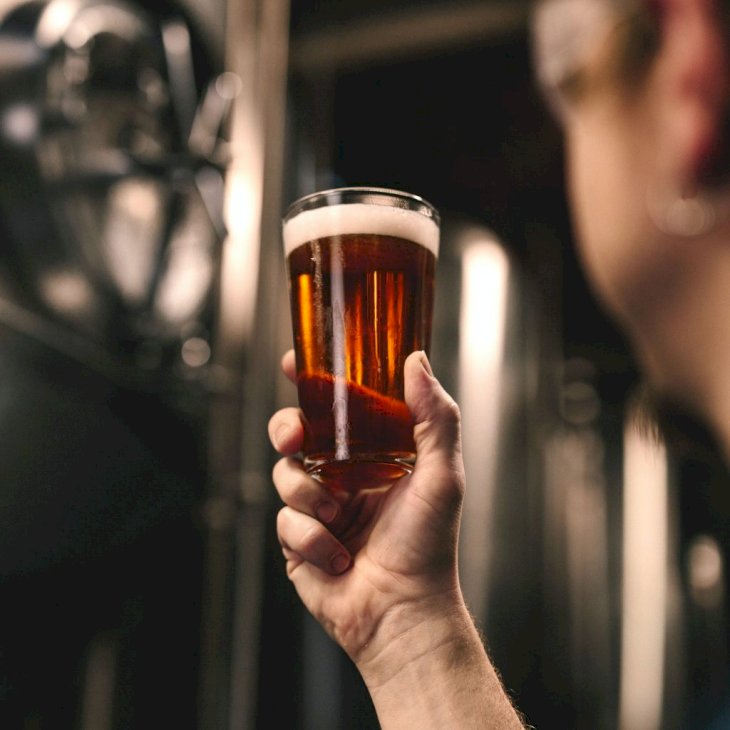
Why You Should Stop Binge Drinking
Binge drinking has more effects on our bodies than the next morning’s infamous hangover.
Drinking is a social habit, and we’re social creatures. Back in college, my parties were packed with excessive amounts of alcohol. But in my early twenties, coping with hangovers on the following day wasn’t as exhaustive and extenuating as they’re now in my thirties.
Even if you’re used to drinking only on the weekends, but you surpass the regular amount of four or five drinks within about two hours, you’re binge drinking and might not even be aware of it.
What’s Binge Drinking?

Photo by Kelsey Chance on Unsplash
According to the Center for Disease Control and Prevention (CDC), binging drinking is defined by a woman as consuming four or more drinks within about two hours. For men, it’s five to six drinks in about two hours.
Their study found that one in six American adults regularly binge drink about four times a month (sounds like every weekend?), which means a regular binge drinker had about one binge per week.
What Does It Do to The Body on a Short Term Effect?

Photo by Misunderstood Whiskey on Unsplash
Short-term effects can be felt whenever you start drinking -- about 5 to 10 minutes. This is because the liver breaks down 90% of the alcohol consumed, and the rest is excreted.
To an average person, the liver can only process a standard drink per hour. That means, if you exceed this number, your body will have to deal with it.

Photo by Fred Moon on Unsplash
The effects of that short-term alcohol consumption vary from individual, body types, health, and other factors like quick can one drink or drinking on an empty stomach.
Binge drinking, in the worst-case scenario, can lead to death from alcohol poisoning. However, the effects -- often overlooked--are how it affects our reflexes, actions, poor judgment, and poor coordination.

Photo by kevin turcios on Unsplash
Dr. Timothy Naimi, professor of medicine at Boston University School of Medicine and co-author of the CDC study, told Healthline about other risks.
“A very heavy single drinking episode, or several of those in a short space of time, can cause acute inflammation and irritation of those organs [liver, pancreas and stomach].”
Dr. Timothy Naimi
What About The Long-Term Effects?

Photo by Elevate on Unsplash
The body can deal with short-term effects, but more often than not, long-term effects of binge drinking may evolve to liver diseases, it increases the blood pressure, and it increases the risk of a heart attack.
Other than that, experts say that long-term heavy alcohol consumption suppresses the immune system, it may interfere with the absorption of calcium, affecting muscles and bones, and it can interfere with the absorption of essential nutrients.